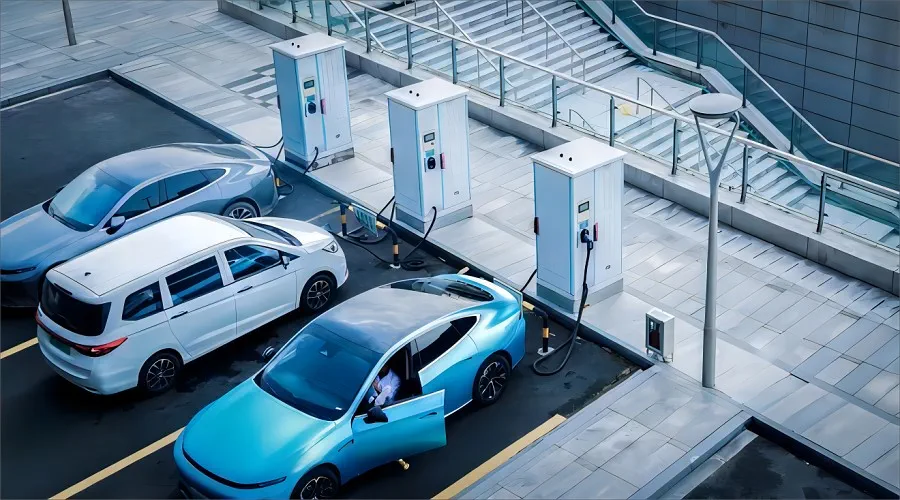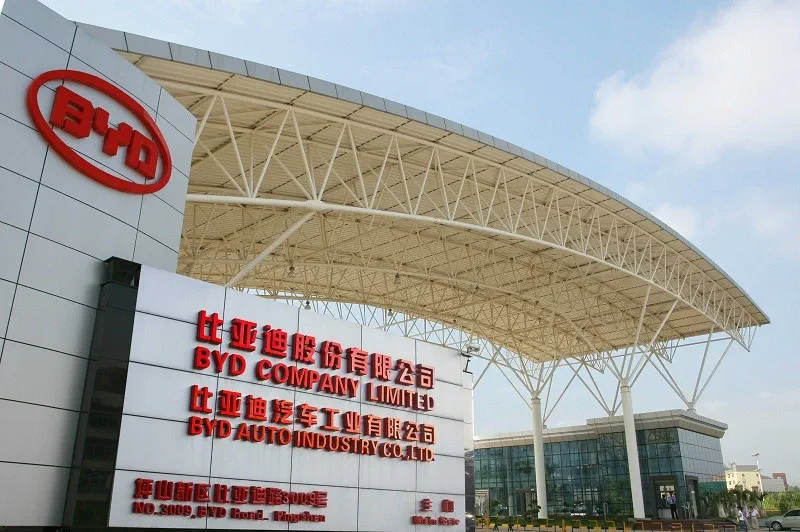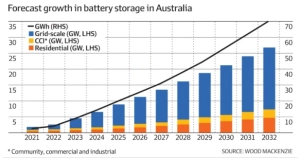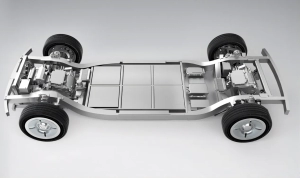Expanding Electric Vehicle Market: Chinese Automakers in Europe
Table of Contents
- Expanding Electric Vehicle Market: Chinese Automakers in Europe
- Expanding Horizons: The Economic Impact of Chinese Auto Factories in Europe
- Rising Tide: The Growth of China's New Energy Vehicle Exports
- Navigating the High Seas: Addressing the Logistic Challenges of New Energy Vehicle Exports
- Trailblazers and Pioneers: The Evolution and Future of China's Auto Industry
- Global Expansion Success Stories: Chinese Automakers Abroad
- Conclusion
- Learn More About Battery

Expanding Horizons: The Economic Impact of Chinese Auto Factories in Europe
Establishing manufacturing facilities in Europe offers significant benefits for Chinese automobile companies, especially those in the electric vehicle industry. This move not only aids in overcoming logistical challenges and trade barriers but also improves market access and consumer perception, crucial for companies like BYD and others in the new energy vehicles sector.Economic Impact: Job Creation and Local Investment OpportunitiesThe decision to set up factories in Europe, such as BYD's consideration of a location in France, directly translates into job creation and boosts local economies through substantial investments. When a major player in the electric vehicle market like BYD establishes a manufacturing base, it injects millions into the economy, not just through the construction of the facility but also via ongoing operations and maintenance. For instance, the investment often involves building infrastructure, purchasing local materials, and employing a local workforce, which significantly reduces unemployment and improves the standard of living in the region.Market Access: Overcoming Trade Barriers and Protectionist MeasuresEuropean markets are known for their stringent trade policies and protective measures, particularly towards the automotive sector. By establishing local production facilities, Chinese companies can avoid high tariffs and non-tariff barriers that typically apply to imports. This strategic move allows companies to sell their cars more easily within the European Union, aligning with trade agreements and regulations, thereby enhancing the market presence of new energy vehicle exports from China.Consumer Perception: Enhancing Brand Image and Product AcceptanceLocal manufacturing also plays a critical role in changing consumer perceptions. European consumers tend to trust locally made products more, which can significantly enhance the brand image and acceptance of Chinese new energy vehicles. A factory in Europe means that Chinese brands like BYD can market their vehicles as locally produced, which not only aligns with European values of sustainability but also reduces the environmental impact associated with long-distance shipping of vehicles.Rising Tide: The Growth of China's New Energy Vehicle Exports
China has emerged as the world's leading exporter of automobiles, with new energy vehicle exports playing an increasingly pivotal role in this dominance. This growth not only underscores China's rising influence in the electric vehicle market but also brings to light the complex challenges related to logistics and shipping capacities.China as the World's Largest Car ExporterIn recent years, China has surpassed other nations to become the largest car exporter globally. The country's automotive industry has evolved rapidly, transitioning from producing primarily for domestic consumption to becoming a major player in the international market. This shift is driven by substantial investments in automotive technology, particularly in the electric vehicle industry, where China is seen as a frontrunner.Trends and Statistics in New Energy Vehicle ExportsThe surge in exports is most notable in the sector of new energy vehicles (NEVs). These vehicles, which include hybrids and fully electric cars, have seen a dramatic increase in demand worldwide, especially in Western Europe. In 2023 alone, companies like BYD reported exporting over 243,000 units, marking a significant milestone in China's automotive export history. This uptick is aligned with global shifts towards greener, more sustainable vehicle options, positioning Chinese NEVs as both competitive and desirable in the international market.Logistical Challenges and Shipping CapacitiesHowever, the increase in exports has not come without its challenges. The logistics of shipping large volumes of vehicles across continents are daunting. One poignant example is the situation with BYD's Explorer No.1, the first roll-on/roll-off ship deployed by BYD, which set sail on January 16, 2023, carrying 5,449 NEVs from the Shenshan Xiaomo International Logistics Port to Europe. Despite its large capacity, the Explorer No.1 represents just a fraction of BYD's shipping needs. Given the ship's 40+ days travel time to Europe and back, the current fleet is insufficient to meet the growing demand. This has highlighted a critical bottleneck in the global roll-on/roll-off ship availability, exacerbated by years of underinvestment in this specific type of maritime infrastructure.Global Response and Strategic AdjustmentsThe shortage of shipping options has prompted Chinese car manufacturers to rethink their export strategies. Beyond increasing maritime capacities, there is a strategic pivot towards establishing manufacturing bases within key markets like Europe. This not only circumvents logistical challenges but also aligns with trade agreements that favor locally manufactured goods, thereby enhancing market access and consumer perception.




















